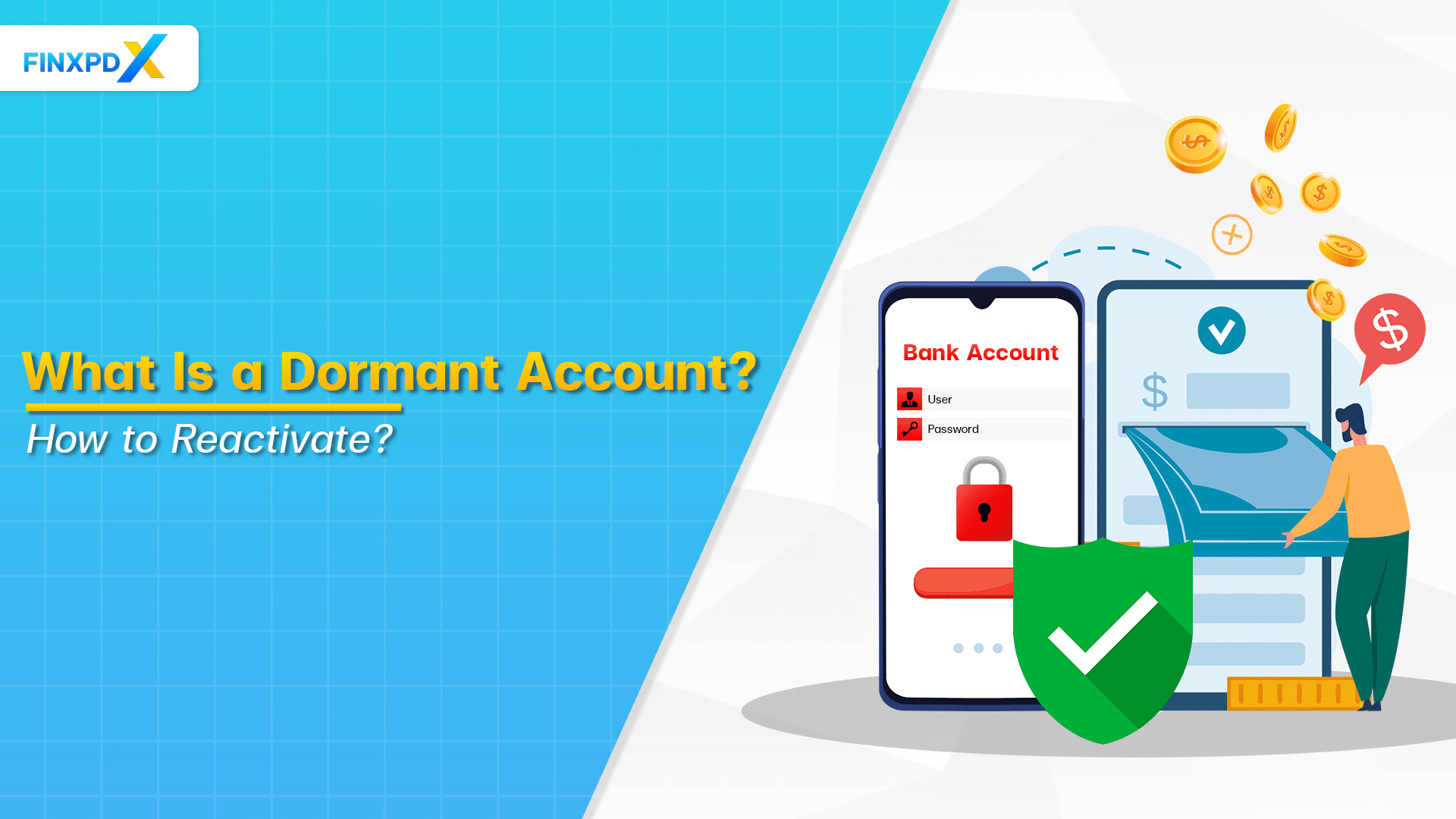ATMs have changed the way we manage our money, making it simple to get cash, check balances, and do other banking tasks without going to a bank. This guide will show you common types of ATMs, and how to withdraw money from ATM step by step.
This article aims to help you improve your banking experience, whether you’re a beginner or a seasoned investor.
What Is an ATM?
An ATM, or Automated Teller Machine, is an electronic device that allows customers to perform financial transactions, without the need for human assistance.
These machines are typically found in various locations, including banks, shopping centers, and convenience stores, and are accessible 24/7 for user convenience.
Key Takeaways
- An ATM is an Automated Teller Machine that allows for various financial transactions like cash withdrawals and balance checks.
- Knowing the steps on how to withdraw money from ATM is crucial for secure and efficient transactions.
- Most ATMs have a daily withdrawal limit, so it’s important to know yours.
11 Types of ATM
Before diving into how to withdraw money from ATM, it is important to understand each type of ATM precisely.
1. White Label ATMs (WLAs)
These are operated by private companies, not banks. They’re open to all but often come with higher fees.
2. Brown Label ATMs
Their physical machine and location are owned by a service provider, but the bank handles the branding and management.
3. Green Label ATMs
These are geared towards agricultural transactions, mainly to help farmers in rural areas.
4. Orange Label ATMs
These machines both accept deposits and dispense cash, effectively recycling the money put in by users.
5. Recycler ATMs
This is similar to Orange Label ATMs. They accept deposits and use the same cash for withdrawals, effectively recycling the deposited money.
6. Pink Label ATMs
This type of ATM is specifically designed to cater to women banking customers.
7. Cash Dispensers
These machines only allow for cash withdrawals and don’t offer deposit or balance inquiry options.
8. Mobile ATMs
These are ATMs on the go, often seen at events or in areas with limited banking facilities.
9. On-Site ATM
These are situated within a bank’s property and usually offer a full range of services without extra fees for the bank’s customers.
10. Off-Site ATMs
These are always found in places like shopping centers and airports, separate from bank branches. They may charge fees for some services.
11. Worksite ATMs
They are located within corporate settings and may be exclusive to the employees of that organization.
⚠️Tip: If your workplace offers an ATM, check if it offers fee waivers or other benefits for employees.
10 Steps on How to Withdraw Money From ATM
These 10 steps below will guide you on how to withdraw money from ATM step by step. It can help you to take out cash safely and effectively.
1. Approach the ATM
Head over to the ATM, ensuring it’s located in a secure and well-illuminated area.
2. Insert Card
Slide your debit or ATM card into the designated slot, making sure the chip is oriented as the machine specifies.
3. Enter PIN
Input your personal identification number (PIN), taking care to shield the keypad from prying eyes.
4. Select “Withdrawal”
Navigate to the “withdrawal” choice in the machine’s on-screen menu.
5. Choose Account
Choose the type of account you wish to withdraw from, be it checking or savings.
6. Enter the Amount
Input the cash amount you’d like to withdraw, ensuring you have enough funds in your account to cover it.
7. Confirm Transaction
Review the amount you’ve entered and hit the “Confirm” button to go ahead with the cash withdrawal.
8. Collect Cash
The ATM will release the cash you requested. Quickly but carefully collect it and secure it properly.
9. Request Receipt (Optional)
If you require a transaction receipt, choose the “Print Receipt” feature.
10. End Transaction
Once you’ve successfully withdrawn your cash, press “Finish” or “End Transaction” to wrap up your ATM interaction. Don’t forget to take your card back.
⚠️Tip: Always review the transaction details and fees on the ATM screen before confirming any operation.
5 Tips on Avoiding Extra ATM Charges
Before starting to make a transaction through an ATM, you should follow our 5 tips to avoid extra charges.
1. Use In-Network ATMs
Familiarize yourself with your bank’s network of ATMs to avoid extra charges.
2. Check Account Balance Online
Check your balance through your bank’s mobile app or website before you head out. This way, you’ll know exactly how much you can withdraw without incurring any extra charges.
3. Limit Out-Of-Network Withdrawals
If you have to use an ATM that’s not in your bank’s network, withdraw a larger sum to cut down on the number of transactions and related fees.
4. Be Mindful of International Fees
Be cautious of extra fees when using ATMs overseas, including international transaction fees and currency conversion costs.
5. Use Cash Back Options
Opt for the cash-back feature when making debit card purchases at stores to get cash without ATM fees.
5 Common ATM Problems
Learn about common problems you might face when using ATMs. Knowing these issues will help you fix them quickly and keep your banking smooth.
1. No Cash Given
Sometimes, the ATM takes money from your account but doesn’t give you any cash. If this occurs, get in touch with your bank right away. They’ll look into it and fix the problem after confirming the transaction.
2. Card Gets Stuck
The ATM might keep your card when you’ve entered the wrong PIN too many times. If this happens, call your bank’s helpline to report the issue and follow their guidance.
3. Wrong Cash Amount
You might get the wrong amount of money from the ATM, which can be upsetting. In such cases, contact your bank, give them the details of the transaction, and they’ll sort it out.
4. Transaction Timeouts
ATMs have a time limit for each transaction. If you exceed this, the machine may cancel your transaction for security reasons. Start the process over, keeping an eye on the time.
5. Skimming and Fraud
Be cautious of ATMs that look tampered with, as they might be rigged for skimming your card information. Always inspect the machine before inserting your card.
Conclusion
While ATMs bring convenience to our transactions, you’ll need to use them wisely and securely. By following the step-by-step guidelines on how to withdraw money from ATM, you can use the machine without any worries.
If you’re looking into how to withdraw money from ATM without a card, staying vigilant is key. This ensures you avoid unnecessary fees and enjoy a secure banking experience while making cash withdrawals.
FAQs
Insert your card, enter your PIN, select “Withdrawal,” choose the account, and enter the amount. This is how to withdraw money from ATM step by step.
Yes, you generally need a bank account linked to a debit or ATM card. However, some services allow you to withdraw money from an ATM without a card.
Fees can apply, especially if you use an ATM outside your bank’s network. Always check for charges to avoid unnecessary costs.
Yes, most ATMs and banks have daily withdrawal limits. Check with your bank to know your specific limit.
Related Articles:
- What Is a Crossed Cheque & How to Cross a Cheque
- What Is Bank Account Closing Letter & How to Write One?
- Top 10 Banks in India: Which One Is Best for Wealth Management
Read more: Banking








